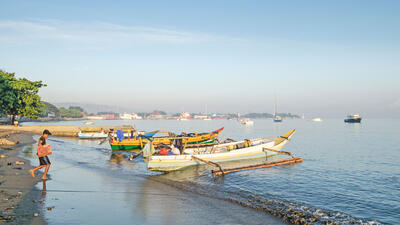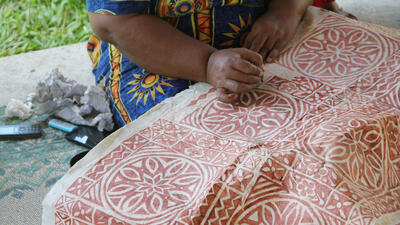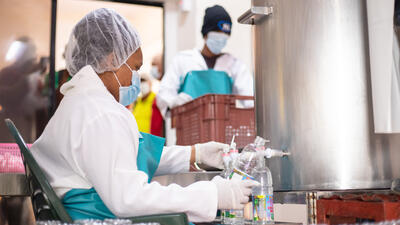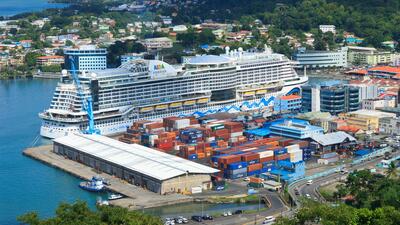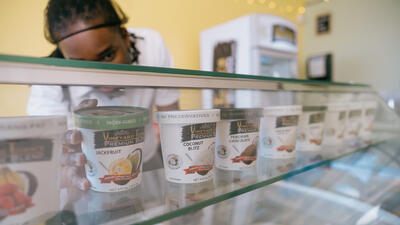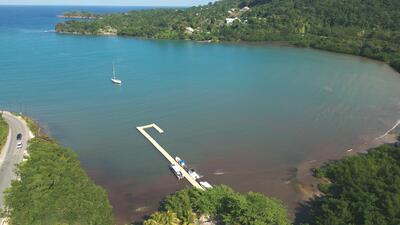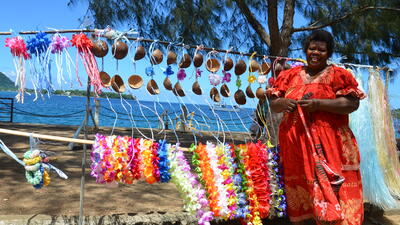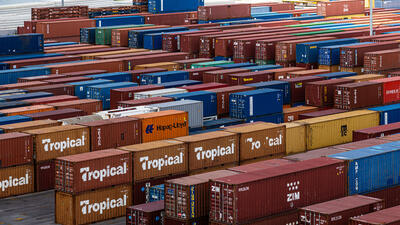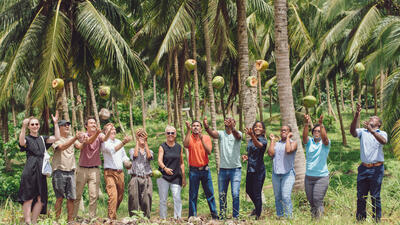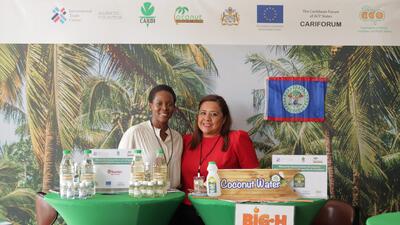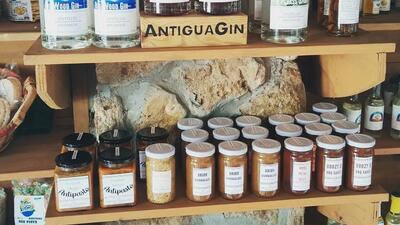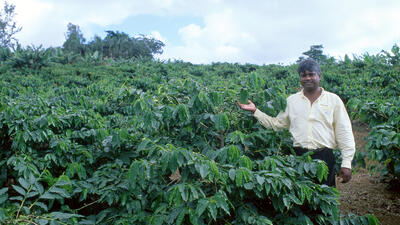
The path to stronger and resilient small island development States
Although the 39 small island developing States (SIDS) of the 79-memberstrong Organisation of African Caribbean and Pacific States (OACPS) differ in population size, geographical spread, and developmental progress, they share similar, multidimensional vulnerabilities.
These include high exposure to disaster risks from natural hazards and climate change, global economic and other exogenous shocks and crises, as well as weak domestic revenues and limited borrowing opportunities.
For SIDS, the main economic development challenge stems from extreme vulnerability to external shocks. Per definition, SIDS are open economies: their total foreign trade constitutes a high share of their GDP.
But other characteristics such as small domestic markets, high infrastructure and trade costs, physical remoteness from international markets, and non-diversified export markets and products, all contribute to a spiral of low trade competitiveness.

These structural constraints preclude OACPS SIDS from making the required investment to achieve sustainable development and build resilience; consequently, they suffer from anaemic economic growth.
The OACPS SIDS Forum anchored in the revised Georgetown Agreement is tasked with developing common positions to safeguard SIDS’ interests, improve their resilience, and address vulnerabilities. The recently minted Samoa Agreement between the OACPS and its longstanding partner, the European Union (EU), accords political importance to addressing these vulnerabilities.
A novel facet of the Samoa Agreement is its call for the OACPS and EU to collaborate in multilateral fora on issues of common interest. In pursuit of international cooperation, it identifies collective action for inclusive, sustainable economic growth and development along with environmental sustainability.
The three accompanying regional protocols allow for specific articulation of African, Caribbean and Pacific socio-economic and environmental vulnerabilities, which call for developing resilience to climate change and reversing environmental degradation.
A common thread throughout the Samoa Agreement is the promotion of green growth, circular economies and renewable energy, ensuring complementarity and a balance between economic growth and environmental sustainability. The blue economy, agriculture, renewable energy, and sustainable tourism are priorities. It is imperative that the Samoa Agreement, whether at OACPS or regional levels, leverages complementarities between economic and environmental provisions.
One example of this cross-cutting approach is transforming both green (agriculture) and blue (aquatic) food systems to the economic benefit of OACPS countries and its communities. Ensuring the sustainable management, use and conservation of the extensive maritime zones of all 64 OACPS coastal states would deliver significant socio-economic and environmental co-benefits. This rings especially true for OACPS SIDS whose vast exclusive economic zones far outstrip their land masses.
SIDS will need to identify and secure sustainable blue economy opportunities, and actively participate in the pursuit of ocean and, or nature-based solutions that address the triple planetary crisis of climate change, biodiversity loss and pollution. The OECD report “The Ocean Economy in 2030” estimates that globally, ocean-based industries could generate $3 trillion.
The green economy, as the global market for trade in sustainability-related natural resources including energy, forestry, water, minerals, agriculture and fisheries, is valued at $4.2 trillion by 2050. Promoting renewable energy and technology transfer could address yet another structural economic trait of SIDS, and indeed their high commodity dependence.

To translate commercially promising economic opportunities into impactful results, SIDS urgently need development financing and policy support measures.
First, empowering the private sector in SIDS to discharge its duties as an effective development partner would entail institutional strengthening.
Second, strengthened legal and regulatory capacity would harness global economic opportunities, more so as effective market access is increasingly about complying with major trading partners’ regulations.
Third, investment would bolster SIDS’ productive capacity and economic performance, while reforming countries’ business climate.
Moreover, sustained development finance and access to concessional finance for vulnerable, developing countries, and in particular SIDS, is crucial. The Bridgetown Initiative 2.0, and the Multidimensional Vulnerability Index (MVI) as a complementary instrument to GNI per capita for achieving SIDS’ resilience and sustainability are priorities.
The recently concluded 13th WTO Ministerial Conference heralded a historical recognition of SIDS with the zero version of the Ministerial Facilitator’s text on fisheries subsidies including two references to SIDS – a first in any WTO text.
The OACPS welcomes the support rendered by the International Trade Centre (ITC) in supporting the economic development of SIDS through various projects, and we appreciate its involvement in the SIDS Business Forum within the margins of SIDS4 as well as its role in contributing to the draft Outcome Document for the Conference.
The OACPS remains convinced that this important international conference held in Antigua and Barbuda, will result in firm political support to these vulnerable economies. I expect nothing less than that these two facets of SIDS’ vulnerability – economic and environmental – are granted equally ambitious consideration.









